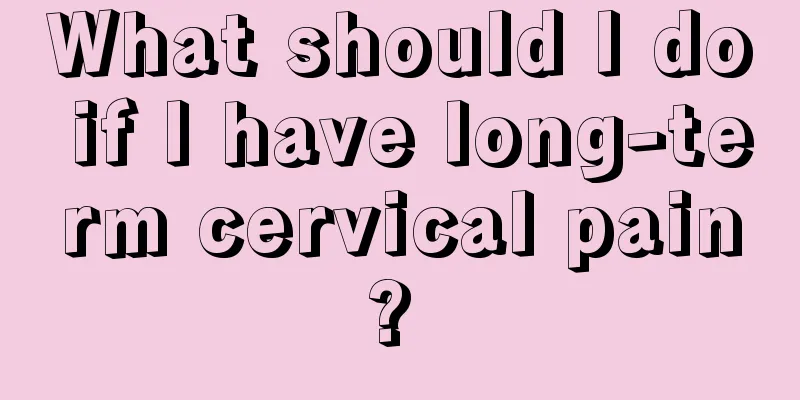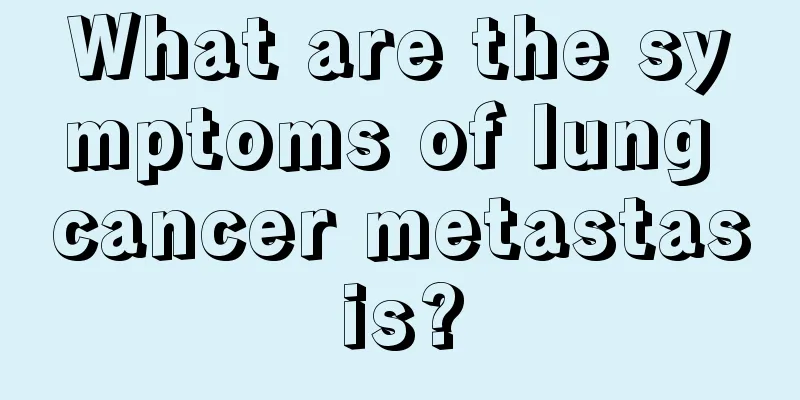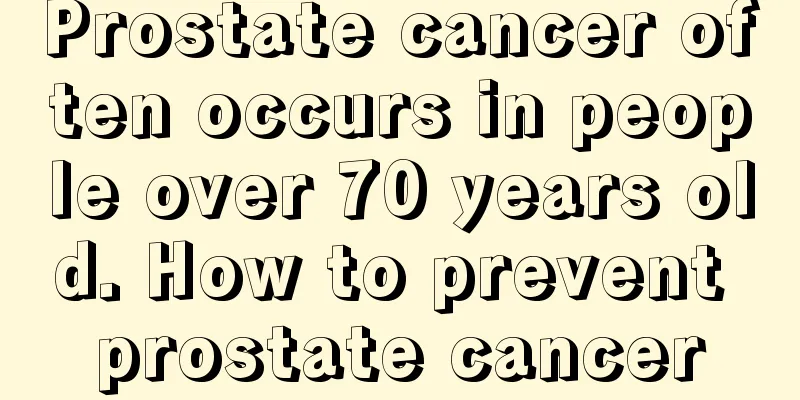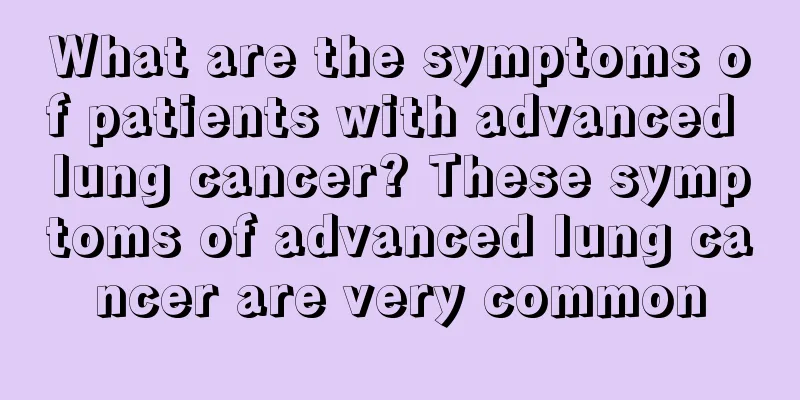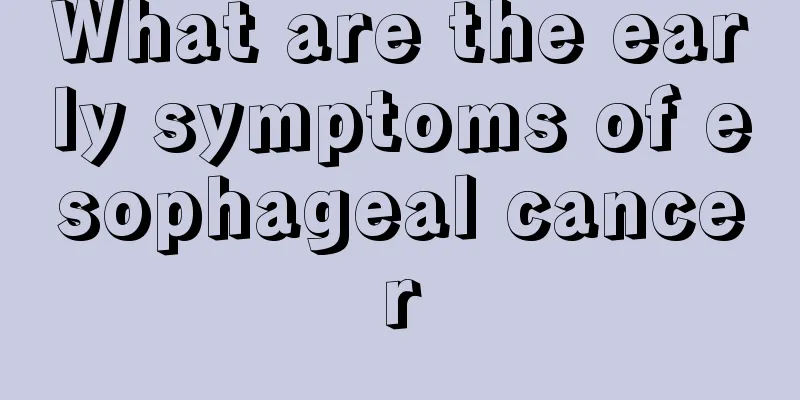Precautions for using sinus drops

|
Sinusitis is a disease caused by bacteria invading the human nasal cavity. The most common problem with sinusitis is runny nose and pus discharge. When there is too much mucus, it will flow back, which greatly affects people's living conditions. Sinusitis should be treated promptly. You can take medicine, use nasal sprays, and drops. So do you know what precautions are required when using sinusitis drops? Precautions 1. Avoid spicy and fishy foods. 2. This product contains ephedrine hydrochloride. Athletes should use with caution; patients with glaucoma, prostatic hypertrophy and the elderly should use it under the guidance of a physician; if symptoms such as dizziness, headache, tachycardia, sweating, etc. occur after taking it, consult a physician or pharmacist. 3. Use with caution in patients with allergic rhinitis due to deficiency and cold syndrome. 4. People with chronic diseases such as hypertension and heart disease should use this product under the guidance of a physician. 5. If symptoms of acute rhinitis do not improve after 3 days of use, or other symptoms appear, you should go to the hospital for treatment. 6. Use according to the usage and dosage. Children should use it under the guidance of a physician. 7. People who are allergic to this product are forbidden to use it, and those with allergic constitution should use it with caution. 8. It is forbidden to use this product when its properties change. 9. Children must use this product under adult supervision. 10. Please keep this product out of reach of children. 11. If you are using other medicines, please consult your physician or pharmacist before using this product. Drug interactions 1. This product should not be used in combination with monoamine oxidase inhibitors such as pargyline. 2. This product should not be used with sulfadiazine or nitrofurantoin 3. This product should not be used together with digitalis drugs. 4. Drug interactions may occur if used with other drugs. Please consult your doctor or pharmacist for details. 【 Pathogenesis of sinusitis 】 The nasal mucociliary system has an important defense function. Through the regular oscillation of cilia, it transports the mucus blanket on the surface to the nasopharynx to remove foreign pathogenic microorganisms and other particulate matter. When inflammatory diseases occur in the nasal cavity and sinuses, the cough receptors distributed in the nose, sinuses, throat, etc. are stimulated, causing them to produce an inflammatory response similar to that in the lower respiratory tract. At the same time, the neuropeptides and neurotransmitters contained in the sensory nerve endings can stimulate the airway sensory nerves and increase the sensitivity of the cough reflex. During PNDs, the cilia function of the nasal mucosa is impaired, and when the upper respiratory tract secretions increase and drip back into the throat or lower respiratory tract, they stimulate the cough receptors there, generating impulses and causing coughing through nerve reflexes. The main causes of postnasal drip syndrome include acute and chronic rhinitis, acute and chronic sinusitis, allergic rhinitis (AR), post-infectious rhinitis, drug-induced rhinitis, nasal polyps and nasal tumors. |
<<: The correct way to use sinus spray
>>: What are the effects and functions of calcium magnesium tablets?
Recommend
Is the lung cancer gene inherited?
Is the lung cancer gene hereditary? Lung cancer i...
What are the causes of lung cancer? Check out the four high-risk factors for lung cancer
Lung cancer is fatal to everyone's body. If i...
How to treat and regulate colon cancer in the later stages of surgery
How to treat and regulate in the later stages of ...
Are there any early symptoms of prostate cancer? What are the precursors of prostate cancer?
Nowadays, many cancers threaten people's heal...
What foods can patients with primary liver cancer eat? Foods that patients with primary liver cancer should eat more
It can be said that no matter what kind of diseas...
What causes dizziness and weakness in the limbs?
Feeling weak and dizzy all the time is a phenomen...
How to protect oral hygiene
In our daily life, more and more people are troub...
How to wash off the mildew spots
Everyone will pack up clothes that are not worn o...
How to remove beard
Beard is the second characteristic of men. It sta...
Is L-carnitine useful for weight loss?
The S-shaped curve is the best embodiment of a wo...
How long does it take to cure thyroid cancer
Many thyroid cancer patients, after a period of t...
How long can you live with advanced ovarian cancer
Ovarian tumor is one of the most common gynecolog...
What are the symptoms of mid-stage nasopharyngeal carcinoma
What are the symptoms of mid-stage nasopharyngeal...
Treatment of thyroid tumor
Thyroid adenoma is also a common disease in moder...
The efficacy and function of pearl powder, nourishing the skin and keeping youthful
Simply applying pearl powder externally will not ...


